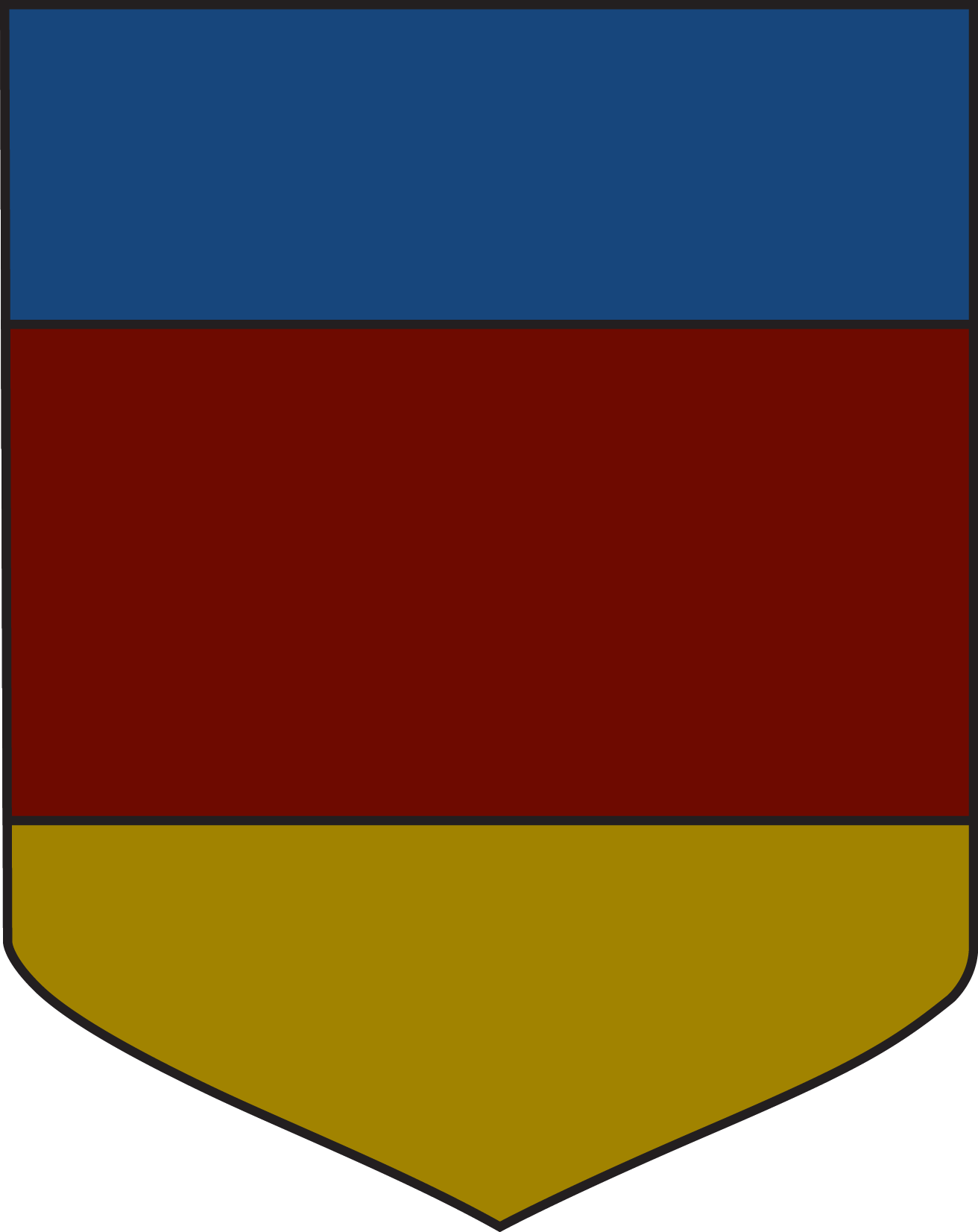Access Law = Accessing Rights
This is a starter post. But it basically encapsulates the Access Law mission:
If the plaintiff has a right, he must of necessity have a means to vindicate it and maintain it, and a remedy if he is injured in the exercise or enjoyment of it; and indeed it is a vain thing to imagine a right without a remedy; for want of a right and want of a remedy are reciprocal.
This was quoted by Justice Rand in Orchard v Tunney, 1957 CanLII 57 (SCC), [1957] SCR 436, quoting an old English case, Ashby v White (1703) 92 ER 126.
The essence is this: if having a right does not allow you to obtain something – or defend against someone else’s challenge – then it is not really a “right”. The real-world consequences of your theoretical “right” are what a “remedy” is.
So, to bring your right into the real world with a remedy, you need to go to Court. You need to speak to the judge. You need to speak to judge in the technical language of “law” and “rights”. You also need to know when to speak. So, you need to figure out “process”. In theory, you can do this yourself. And more and more Canadians are doing just that.
But chances are, if you are already at Court, you do not want to do it yourself. Sure, just as you know how to brush your own teeth, ideally, you can figure out most minor disputes on your own. But, if you need a root canal, you probably want a dentist; and if you are having a major dispute, you probably want a lawyer.
So, if you want to access your rights, you need to access the law, and you probably, maybe, need a lawyer. And if you cannot afford a lawyer, practically, you don’t have rights. That is an unfortunate fact of society. So, Access Law is about trying to make legal services more affordable.
